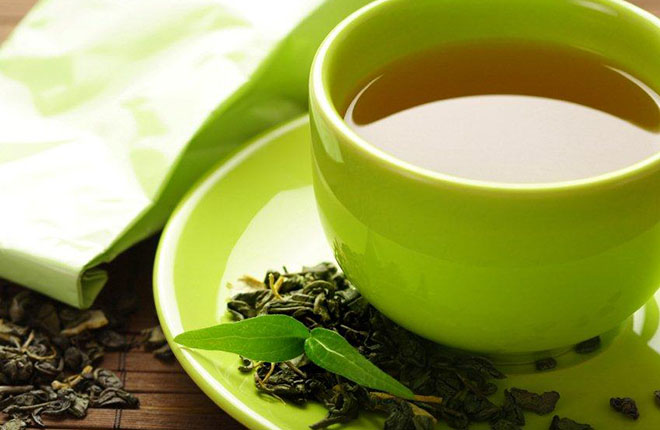Water is perhaps the most important element for our body. Infact, as everyone knows, our body is made by two-thirds of water, a substance from the transparent color, with chemical formula H2O.
Many studies have been conducted to understand the exact value that brings water to our organism, let have a look to some of them.
First, as a general rule, we should drink about 2 litres of water a day, for people without any health problems. Older people should drink more often than others, because with age increasing the thirst sensation decreases greatly even if our body, in contrast, has more need of water. The body of an infant at birth is made from 90% water, while an adult 70%. The water component in the body of an old man comes to be 50%, hence the importance of drinking a bit more than the others.
Drink during meals doesn’t helps digestion, because gastric juices are diluted and digestion would require more time than normal. It’s always better to drink before meals or away from them, not to undermine this process.
Water is a very important element in diets, first of all because it has zero calories, then because helps to eliminate debris harmful to the body and finally because it helps fighting the annoying water retention.
Water is fundamental for our existence, far more than food: some studies have calculated that we can survive without food for about 15 days and only 4 or 5 without water. Clearly the situation may vary, depending on a lot of variables such as weather conditions, physical and daily effort, but the lack of water in our body can cause a very serious illness, causing headaches, difficulty in concentration, cramping and general sense of fatigue.
In the course of an average life span of 80 years, a person drinks about 25 to 30 from thousand liters of water, but the water is not only important for our body but need to feed the entire industry of agriculture and breeding, that without this valuable resource may not exist. But do we know how much water we consume everyday to produce some of the foods we normally eat?
Here some numbers:
To produce one cup of coffee about 150/200 liters of water are used. These serve to allow the plant to grow and to be “treated” to obtain the final product.
To produce a kilo of beef: 15000 litres of water.
To produce a green tea bag, about 3 grams: 30 litres of water.
For a pint of beer: 150 liters of water.
For a kilo of rice: 2500 liters of water.
An NGO American environmentalist Association in Seattle called Grist, after lot of studies, published a video about how much water is consumed to produce certain types of foods extremely common nowadays. Some examples:
a handful of strawberries: about 90 litres of water.
An avocado: almost 500 litres of water.
A handful of asparagus? More than 500 litres of water.
More food consumption aware then, would lead to savings of thousands of litres of water per person per day. During the “World Water Day”, which is held every year since 1993, was launched a very important warning: if our water consumption won’t decrease as quickly as possible, in less than twenty years we’re gonna have halved the amount of water available in our planet.
We should think very carefully about it.
@Angelinaincucin
{youtube}n-kAv5xOwEo{/youtube}
Water is perhaps the most important element for our body. Infact, as everyone knows, our body is made by two-thirds of water, a substance from the transparent color, with chemical formula H2O.
Many studies have been conducted to understand the exact value that brings water to our organism, let have a look to some of them.




